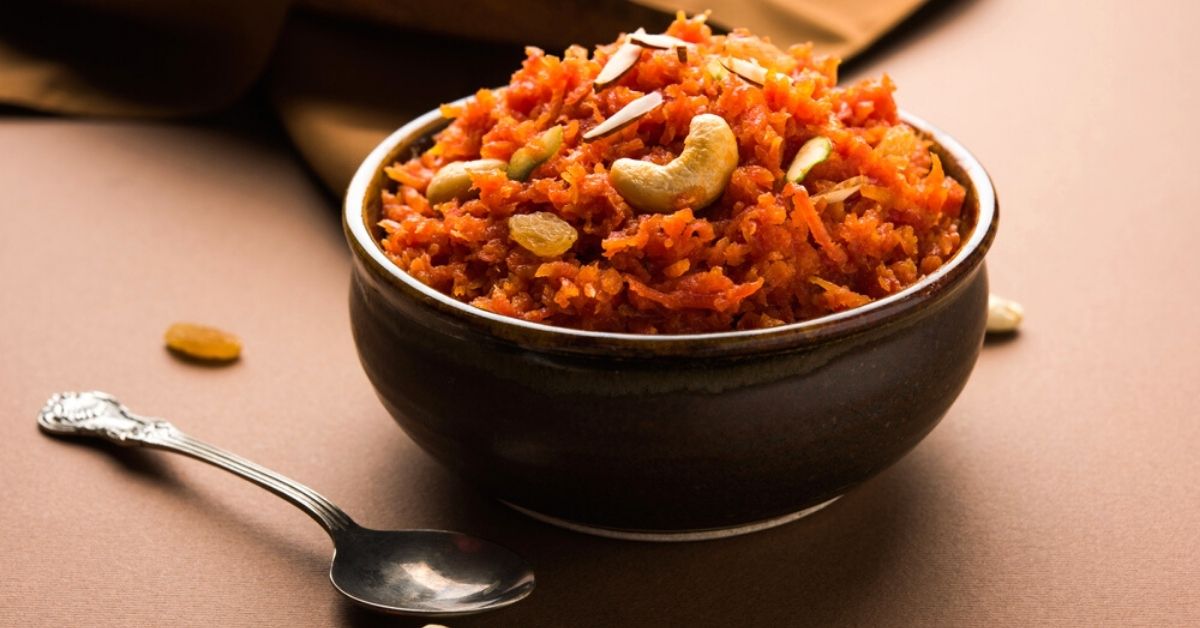Who hasn’t heard their grandmother or an elder insist that eating carrots is good for the eyes? But did you know that Bugs Bunny’s favourite tuber also has a host of other benefits? These include building immunity, improving liver health, prevention of diabetes and cancer, and so much more.
Healthy eyes and heart
The beta carotene in carrot helps convert vitamin A into rhodopsin pigment, which helps improve your sight in low light or evening hours. Vitamin A assists the eye in converting light into a signal that is sent to the brain, thereby enhancing vision. It is also responsible for lowering cholesterol levels. Studies show that Vitamin A can reduce up to 25 per cent of low-density lipoprotein cholesterol, thus improving heart health. It also prevents damage from harmful sun exposure and reduces premature wrinkles and unhealthy skin.

Richness of carotenoids
Carotenoids are naturally occurring hydrocarbons found in the form of pigments in all photosynthetic organisms. They are responsible for plants being yellow, orange and red in colour. They are known for preventing the growth of cancer cells. They are also recognised for their antioxidant and anti-diabetic properties, ability to lower cholesterol, and for preventing cardiovascular disease by enhancing immune system function. Carotenoid pigment, which also gives the carrot its peculiar colour, is known for protective characteristics such as being a UV absorber, as well as having anti-inflammatory and anti-oxidation properties.
Carotenoids can also lower chances of lung and skin cancer, and slow the macular degeneration or deterioration of the retina, thus improving eye health.
For a healthy liver
Non-alcoholic fatty liver disease (NAFLD) affects about 30 per cent of the adult population in India. The disease occurs due to genetic factors and altered lifestyle such as a high fructose diet. Studies indicate that consuming adequate quantities of carrots can lead to a healthy liver under high fructose diet-fed conditions.
Keeping diabetes at bay
Carrots contain both Vitamin B-6 as well as fibre, which have significant roles to play. People with type-2 diabetes are deficient in Vitamin B-1 and B-6. Research indicates that the initial stages of diabetic nephropathy, that is, degradation of kidney function, is common in persons with low Vitamin B-6, which negatively affect diabetes outcomes. Besides, the nutrient also plays a crucial role in increasing metabolism.
Fibre intake is a crucial part of blood sugar management for diabetics. An increase in dietary fibre intake helps reduce the risks of type-2 diabetes. Moreover, fibre intake can, in the long run, decrease fasting blood glucose levels for diabetics.
A word of caution
While carrots are healthy, consumption in excess has its drawbacks. Eating too many carrots can lead to an increase in toxicity, and the high levels of beta-carotene can cause discolouration of the skin. The phenomenon is called carotenemia, which results in orange pigmented skin, especially on one’s palms, knees, soles and nose.
Source
Edited by Divya Sethu
If you found our stories insightful, informative, or even just enjoyable, we invite you to consider making a voluntary payment to support the work we do at The Better India. Your contribution helps us continue producing quality content that educates, inspires, and drives positive change.
Choose one of the payment options below for your contribution-
By paying for the stories you value, you directly contribute to sustaining our efforts focused on making a difference in the world. Together, let's ensure that impactful stories continue to be told and shared, enriching lives and communities alike.
Thank you for your support. Here are some frequently asked questions you might find helpful to know why you are contributing?

